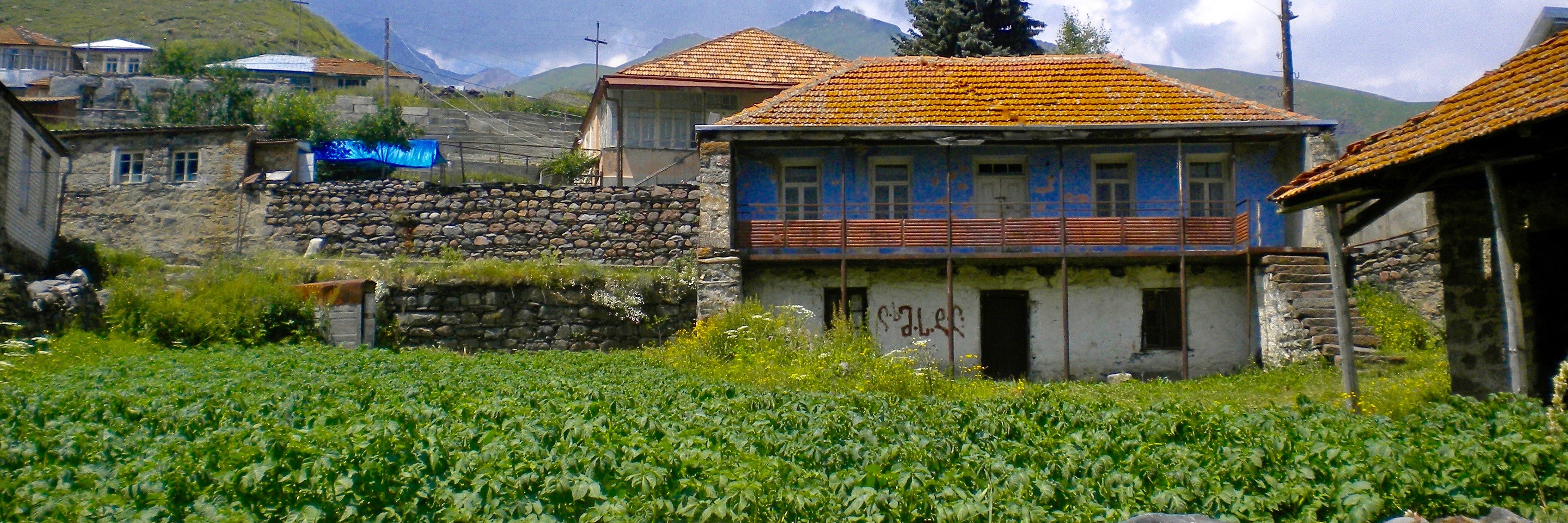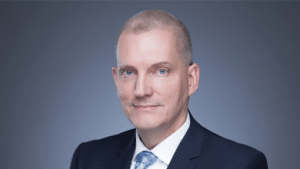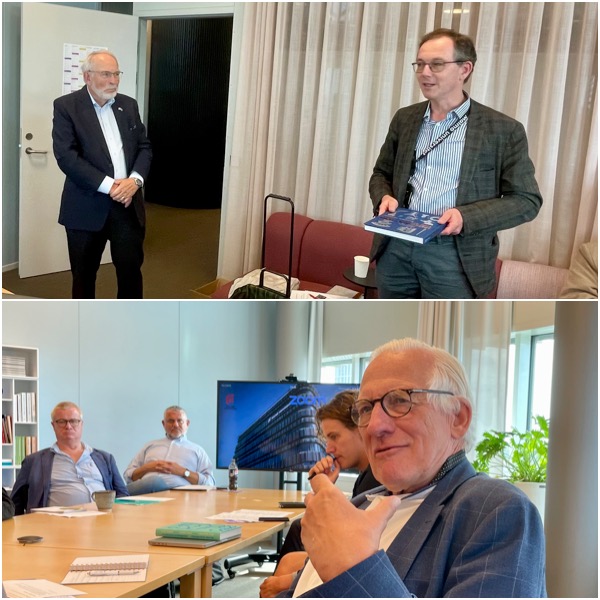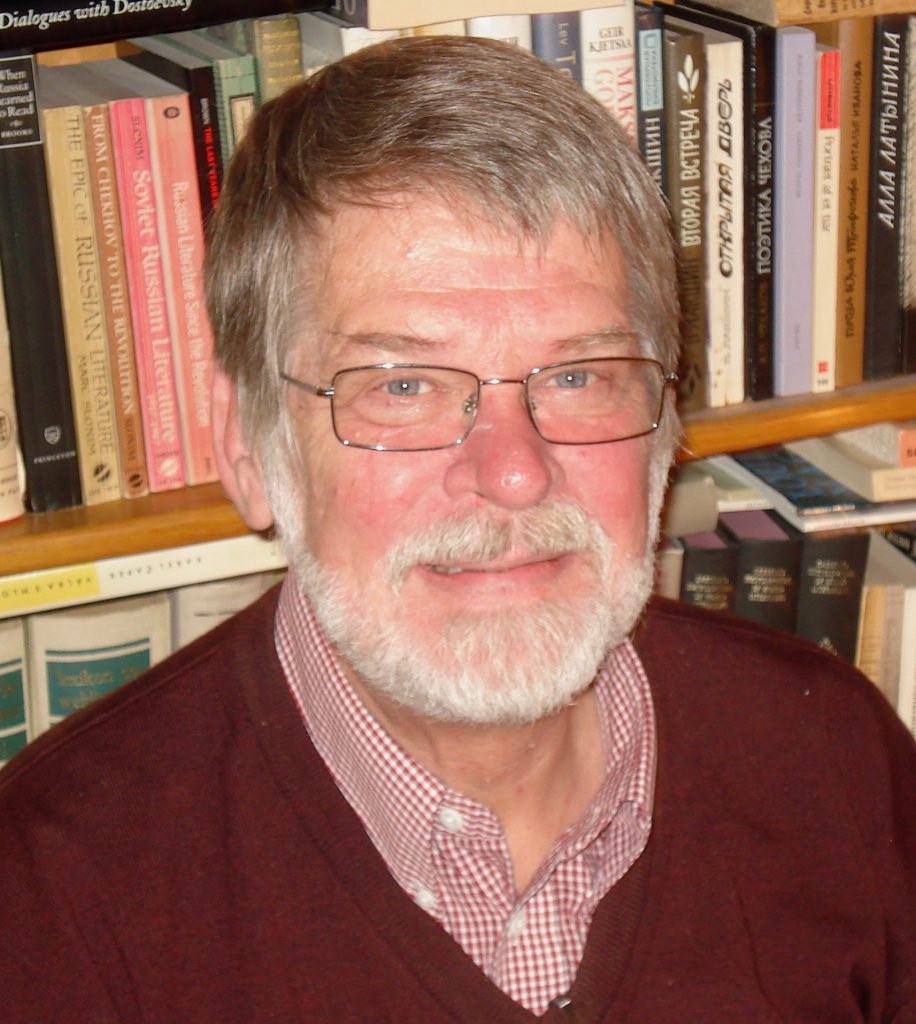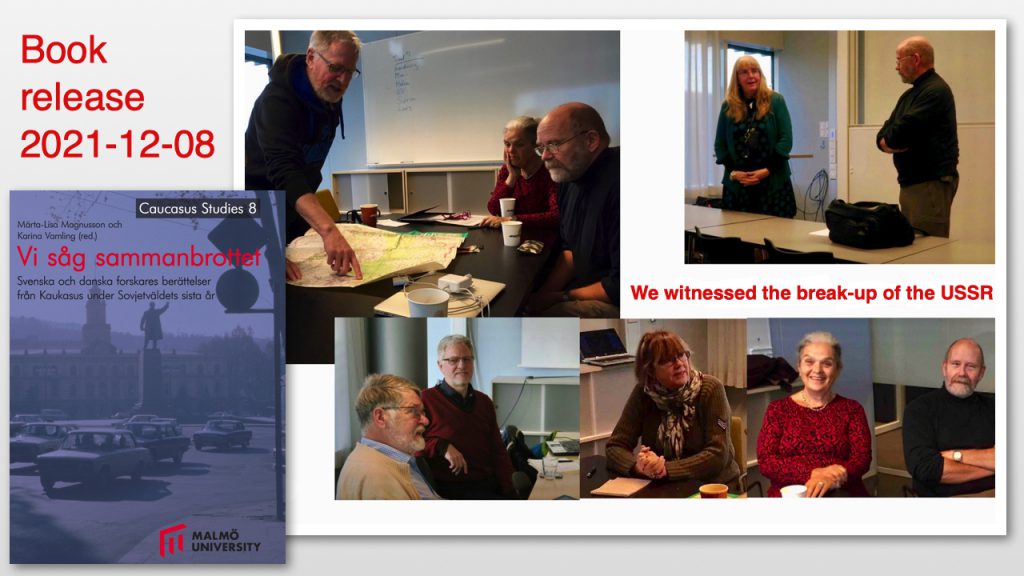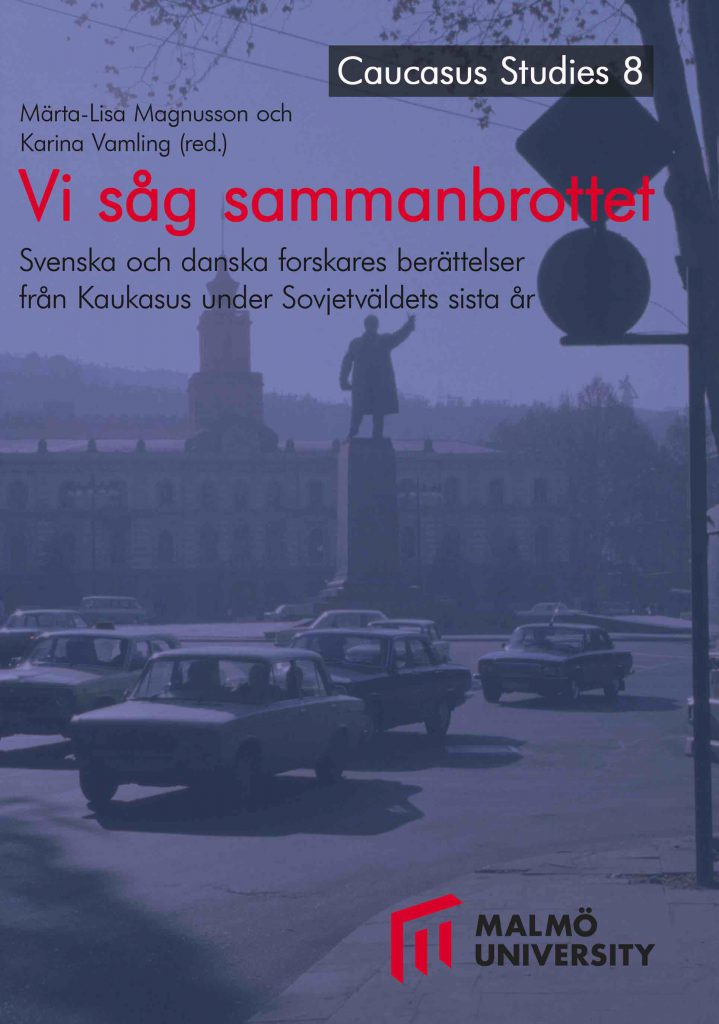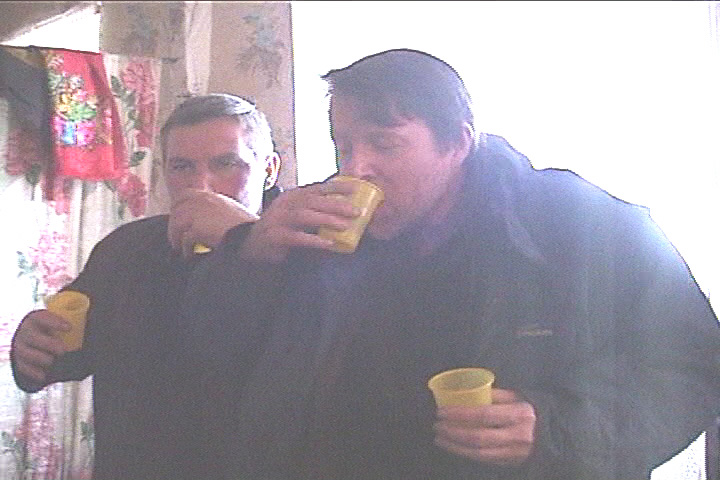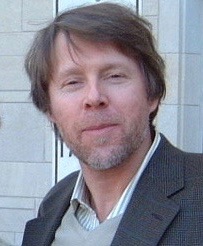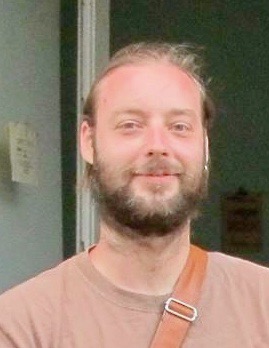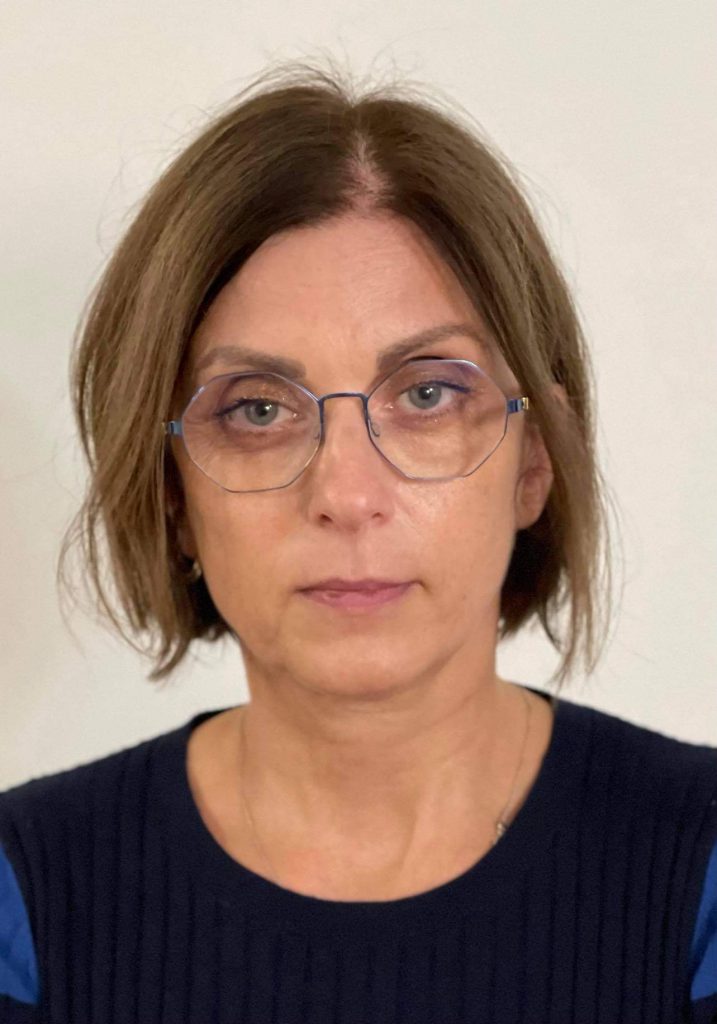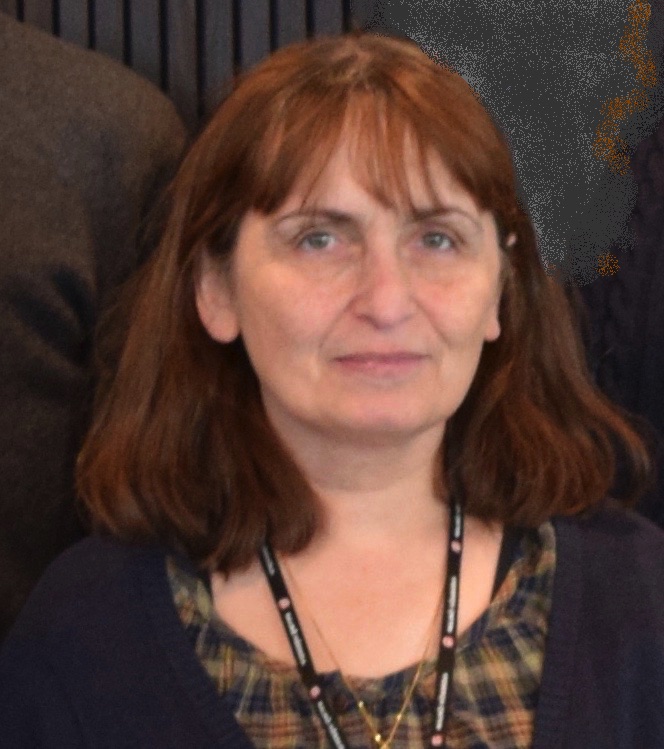Language in Conflict and War – Ukraine, Caucasus, Russia
November 6 (online zoom panels) and November 7 (campus & webinar)
Registration required for zoom and webinar links. [check for program updates]
NOVEMBER 6
10.00 Opening of the Symposium
10.15-11.45 Language in conflict and war – focus: Ukraine Abstracts
Dr. Liudmyla Pidkuimukha (Justus Liebig University Giessen) Weaponizing Language: How Russia Commits Linguicide on the Occupied Territories of Ukraine
Svetlana L’nyavsky (Lund University): I am a Russian Ukrainian, but I will not learn Ukrainian just for you! Language ideological debates, linguistic vigilantism, and Internally Displaced People at the time of war
Solomija Buk, Ivan Franko National University of Lviv, Department of General Linguistics: Ukrainian for Foreigners in Russian-Ukrainian War: Changes and Challenges
13.00-14.30 Central Asia’s Complex Tapestry: Language, Education, Colonial Legacies, and Decolonial Perspectives Abstracts
Juldyz Smagulova and Kara Fleming (College of Humanities and Education, at KIMEP University, Almaty, Kazakhstan): Shame and struggles for power: New speakers of Kazakh in Kazakhstan
Edward Lemon (Bush School of Government and Public Service, Texas A&M University) and Oleg Antonov (visiting researcher at GPS and RUCARR, Malmö University; visiting researcher at Södertörn University): Academic Diplomacy: The Educational Aspects of Russian Soft Power in Tajikistan
Victoria Clement Central Asian Insights): Avoiding a Reckoning: Memory Days and History in Turkmenistan
PhD candidate Dina Kucherbayeva and Prof. Juldyz Smagulova: Language Revitalization: Challenges for Kazakh in Higher Education
14.45-16.15. Language in conflict and war – focus: North Caucasus and Turkey Abstracts
Emre Pshigusa (U.S. State Department, English Language Fellow): The Circassian language and identity created a feeling of illegality in us” Language Ideologies, Policies, and Circassian Language Rights in Turkey
Lars Funch Hansen (Circassian Studies) The marginalisation of Circassian language through local history teaching, with cases from Krasnodar Krai including the Black Sea coast
Valeriya Minakova (Penn State): “It all starts in the family”: Placing discourses on the role of families in Circassian language preservation into a historical-political context
16.30-17.45. Historical perspectives Abstracts
Otari Gulbani (Central European University MA): Russian Imperial Orientalism in Svaneti: A Discursive Analysis
Sam Tarpley (Tulane University, Grad stud): Contemporary Deconstruction: Post-Soviet Monuments and the American South
NOVEMBER 7 (campus and webinar) Abstracts
10.15 Welcome (Niagara, 5th floor, C section (Nordenskiöldsgatan 1)
10.30-11.45. Morning session
Giorgi Alibegashvili (State Language Department of Georgia) & Maka Tetradze. (State Language Department of Georgia & Tbilisi State University):: Street Georgian – as a Reflection of functioning of the State language in Georgia
Tinatin Bolkvadze (Tbilisi State University & State Language Department): How to assess the functioning of the Russian language in Georgia (online)
13.00-14.15 Afternoon session 1
Nadiya Kiss (JLU Giessen): Languages at war: Language shift, contested language diversity and ambivalent enmity in Ukraine
Andrey Makarychev (University of Tartu): “Estonian Russophones: A Biopolitical Story”
14.30-15.45. Afternoon session 2
Mariam Manjgaladze (Caucasus University): Issues of the Official Language Ecology in Contemporary Georgia
Lidia Zhigunova (Tulane University, USA): Russia’s War on Indigenous Languages: The Case of Circassian in the North Caucasus
15.50-16.20. Concluding Roundtable
Moderator: Professor Barbara Thörnquist-Plewa, Central and Eastern European Studies, Centre for Languages and Literature, Lund University






